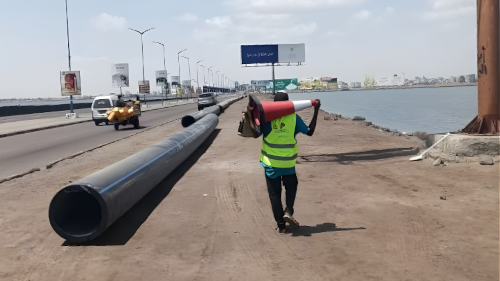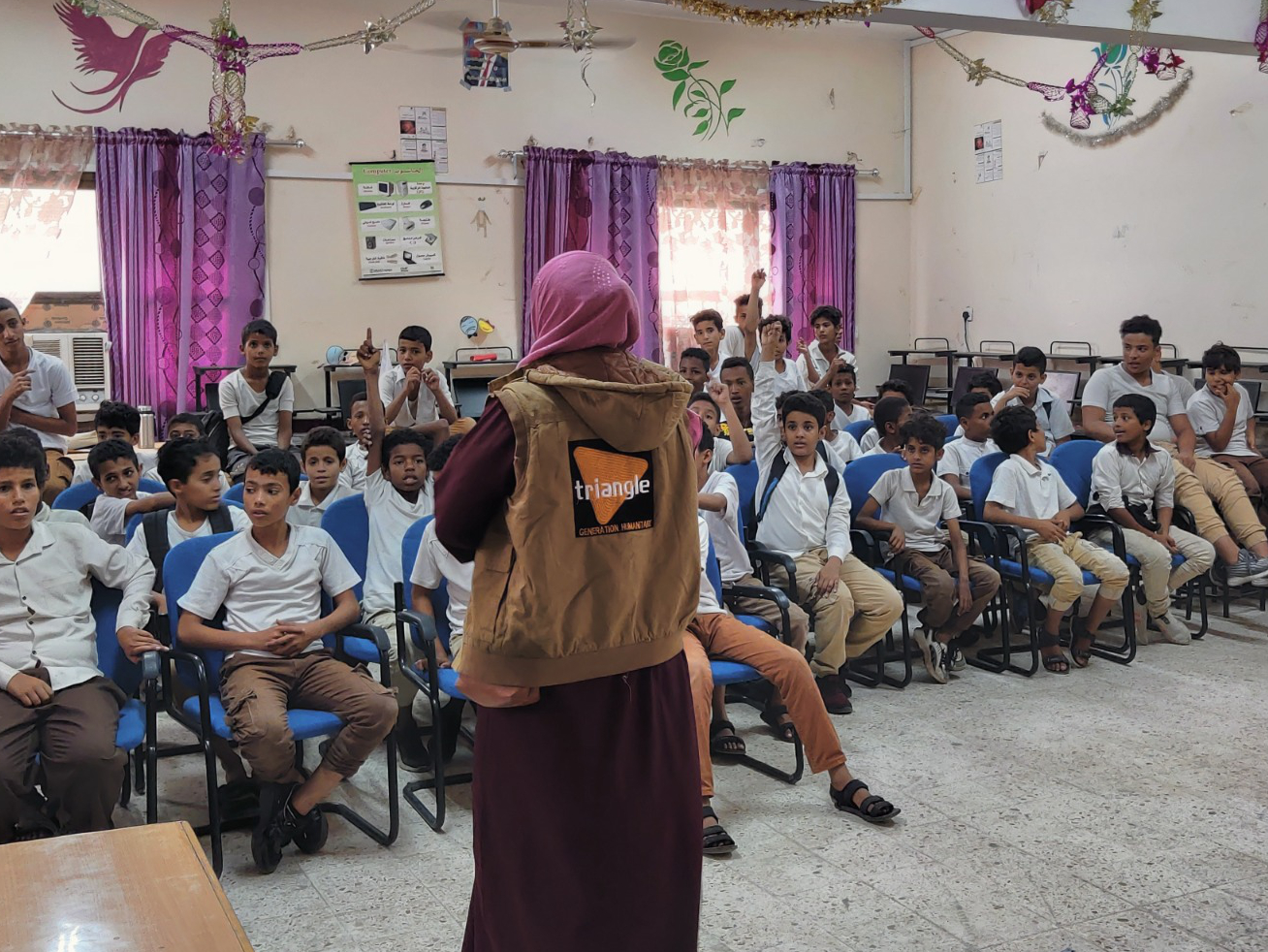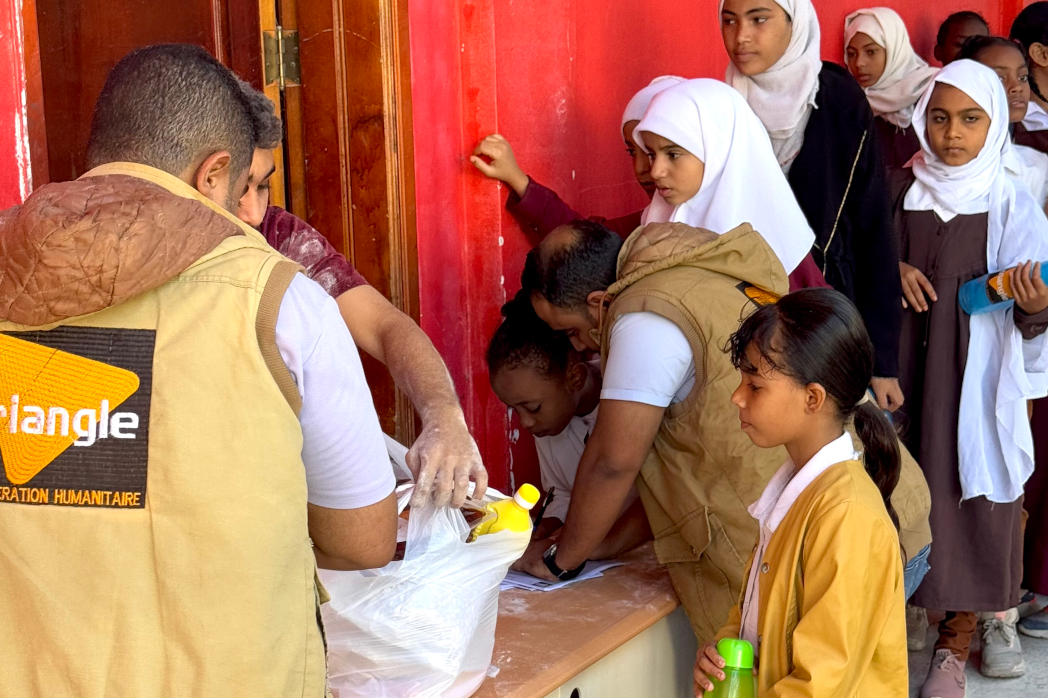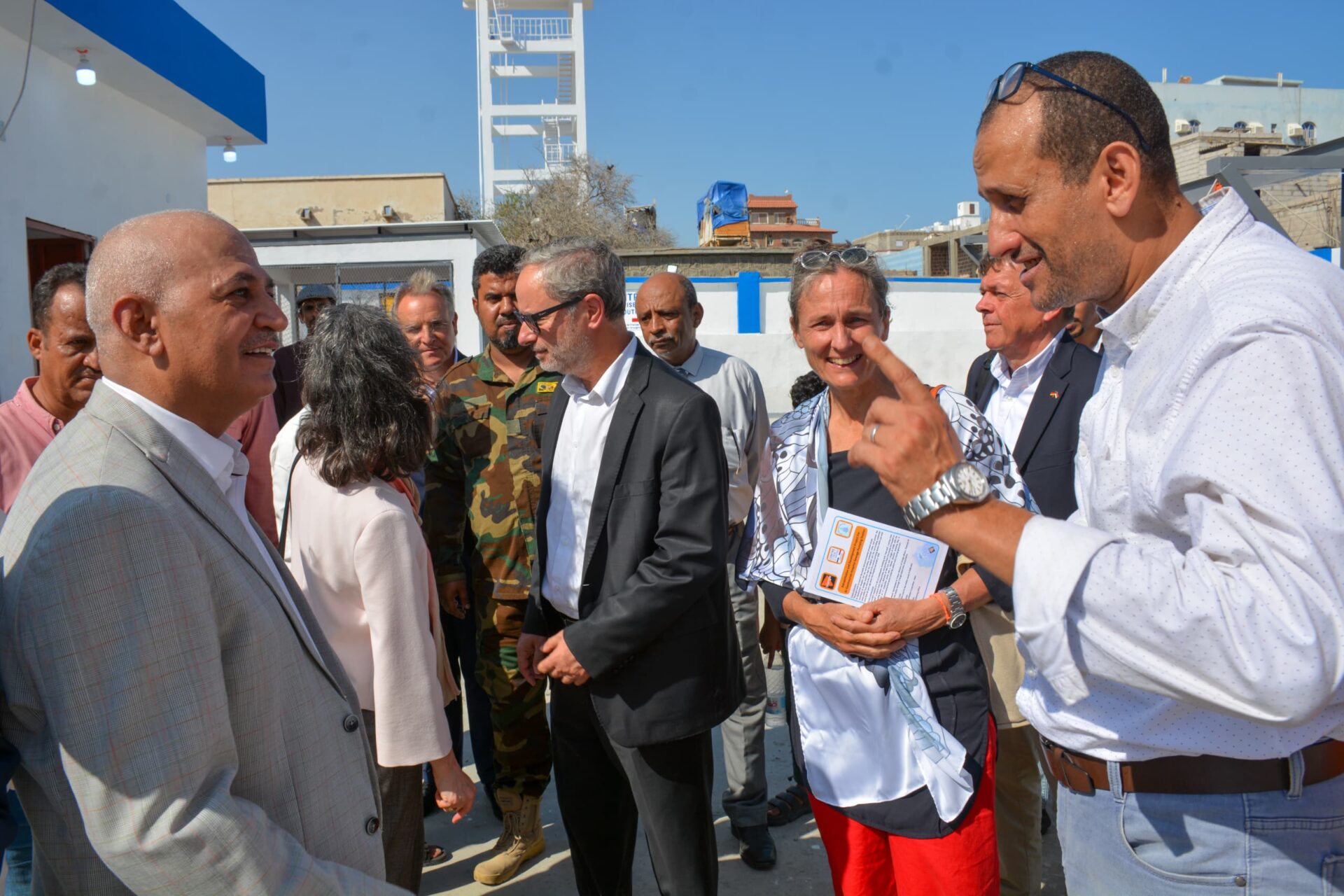Beneficiaries
29,543
Duration
31/03/21 > 30/04/22
Total budget
€582,000

Water, Sanitation & Hygiene
Funding

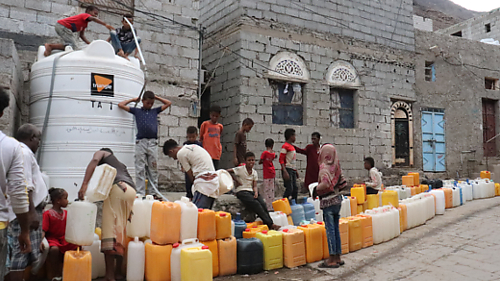
Programme details
More than two-thirds of Yemenis (17.8 million people) now need support to meet their basic water, sanitation and hygiene needs, with 12.6 million in acute need. Public water and sanitation systems do not provide minimum services and are often close to collapse. Only 46% of urban populations are connected to partially functional public water networks, and more than 55% of the population has no access to a source of drinking water, forcing communities to resort to non-drinking water sources, while only 24% of households report treating water at home.
Around 60% of households say they leave rubbish in public places due to a lack of collection systems and insufficient awareness.Soaring prices and falling purchasing power have created new economic obstacles to access to drinking water and personal hygiene items.
These critical water and sanitation conditions are a major factor in the spread of communicable diseases and increase the risk of cholera, malnutrition and other water- and sanitation-related illnesses.Although reliable data is lacking on its actual prevalence, the Covid19 epidemic has exacerbated the need for water and hygiene items, the lack of which is hampering the promotion of preventive measures. Combined with major population displacements and loss of livelihoods, this situation is leading communities to resort to coping mechanisms and WASH practices that are detrimental to health, particularly that of children.
The governorate of Aden, which is one of the governorates with the highest number of people displaced by the conflict (59,598 displaced people and 299,412 returnees in 2019), remains in a worrying situation. 800,000 people are in a highly vulnerable situation, 40% of whom are considered to be in a critical condition. Significant food insecurity persists, which is reflected in the nutritional indicators: with a prevalence of 15.5% of global acute malnutrition and 2.1% of severe acute malnutrition, the governorate of Aden is one of the most severely affected, a fact to which the current poor water, sanitation and hygiene conditions contribute directly.
To contribute to a rapid improvement in hygiene and sanitation conditions in the neighbourhoods targeted by the project, to meet the need for better vector control and to contribute to the fight against multi-causal malnutrition, the action proposes the provision of emergency WASH services, in particular drinking water by tanker trucks and personal hygiene items.
The proposed action is designed to contribute to the overall water needs of households, which it does not aim to cover entirely but to supplement, while ensuring that a sufficient proportion of all the water available is suitable for human consumption. The project is therefore designed to provide 8 litres of drinking water per person per day, on the understanding that access to water is highly disparate and that the quantities actually collected may vary from one family to another: from this point of view, the project will have a regulatory dimension enabling each of the targeted families to benefit from access to water in line with minimum standards.
At the same time, the project will provide personal hygiene items, with priority given to the most vulnerable families (1,500 families or 10,500 people), to support the promotion of good hygiene practices, including in response to current epidemics. Community members, women wherever possible, will be mobilised, sensitised and trained, and will disseminate simple key messages about water use and good hygiene practices in their neighbourhoods and at water distribution points. They will also be responsible, under the supervision of TGH staff, for cleaning and disinfecting the containers used by families.
